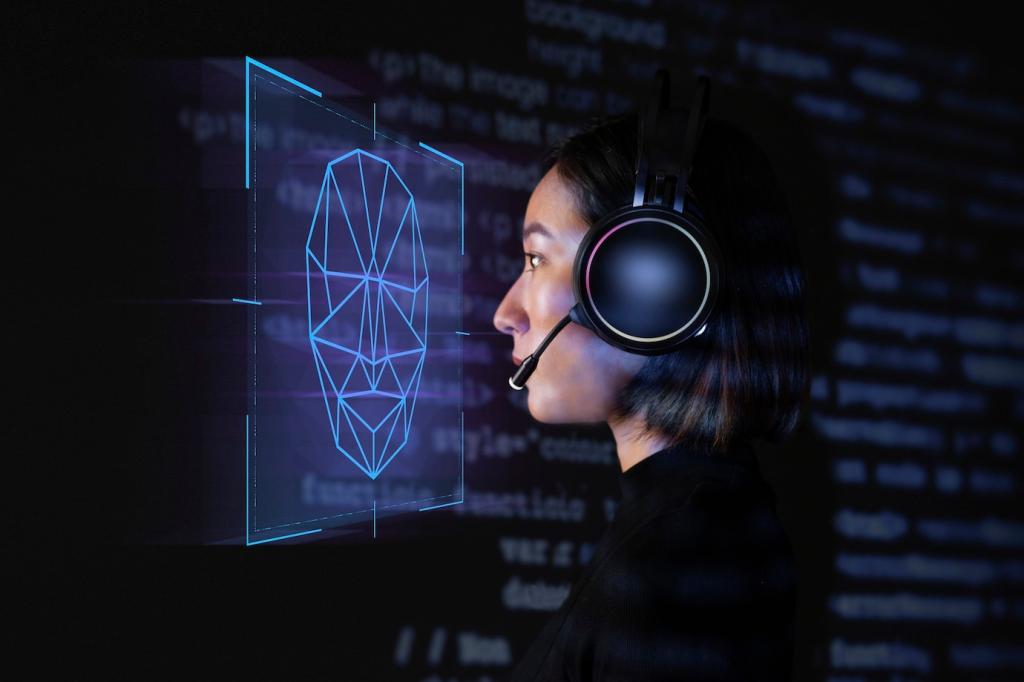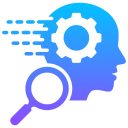This website uses cookies so that we can provide you with the best user experience possible. Cookie information is stored in your browser and performs functions such as recognising you when you return to our website and helping our team to understand which sections of the website you find most interesting and useful.
Future Trends in AI Applications for Personalized Patient Care
The evolving landscape of artificial intelligence is profoundly transforming healthcare delivery, particularly in the realm of personalized patient care. As machine learning algorithms advance and data becomes increasingly connected, AI is enabling healthcare professionals to tailor medical decisions, treatments, and interventions to the unique characteristics of each individual. This page examines emerging and future trends in AI-driven personalized care, exploring how innovations in health data analysis, patient engagement, predictive modeling, and ethical considerations are shaping the future of medicine. With patient-centric approaches at the forefront, AI holds the promise of improving health outcomes, minimizing risks, and optimizing the healthcare experience across diverse populations.

AI-Driven Precision Medicine

Smart Wearables and Biometric Sensors
AI-Assisted Remote Patient Care
Predictive Analytics for Hospital Readmissions


